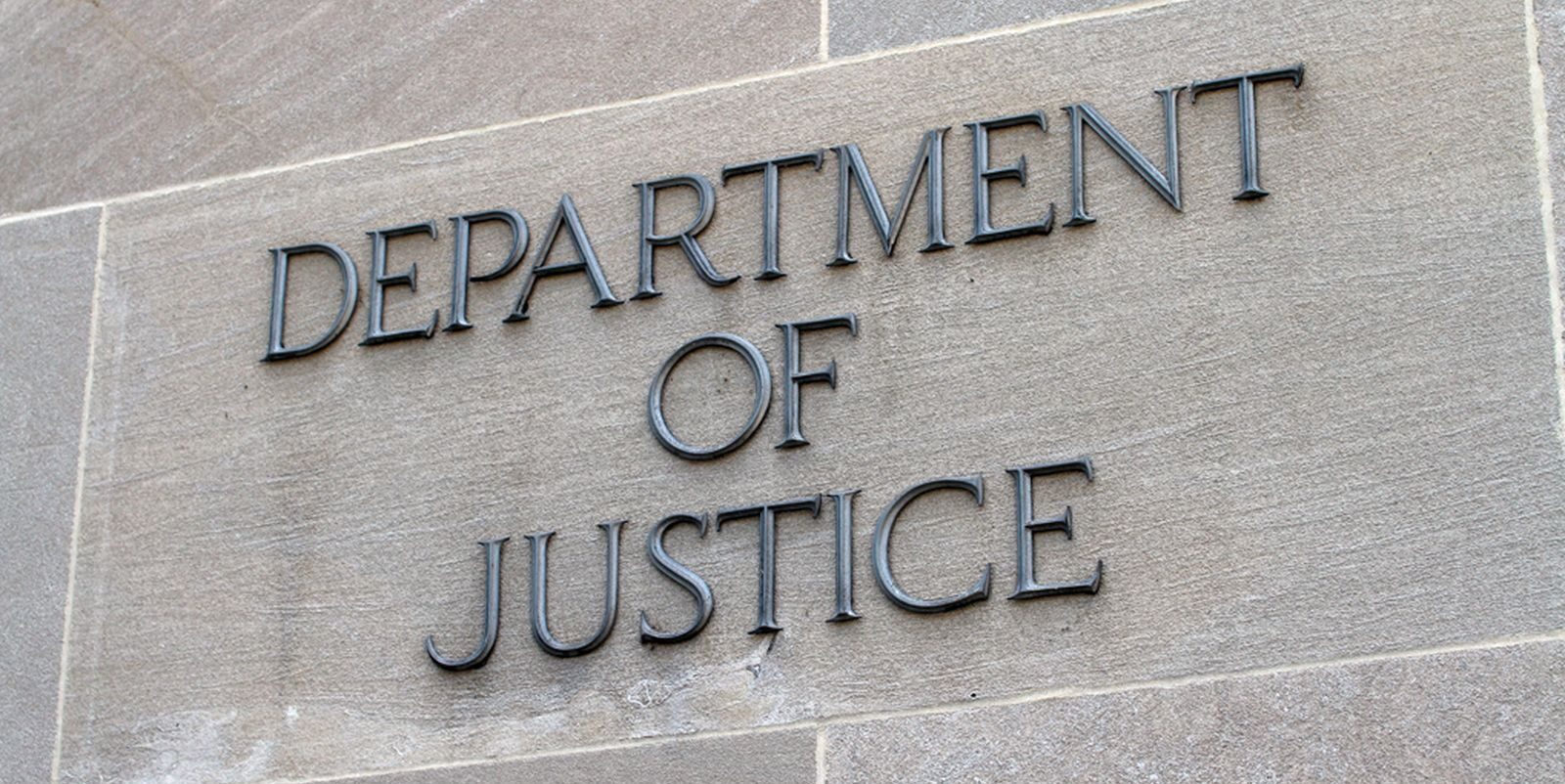TNT Cranes Case: A $525K Settlement in Racial Harassment
A workplace should be a sanctuary of safety and professionalism, yet for some employees at TNT Crane & Rigging, Inc., it sadly turned into a distressing environment marked by racial intimidation. The recent lawsuit filed by the U.S. Equal Employment Opportunity Commission (EEOC) has brought forth troubling allegations, resulting in a significant settlement and court-mandated reforms. This case serves as a poignant reminder that racial discrimination has no place in any industry and highlights the importance of seeking justice through legal accountability.
The legal action against one of North America’s largest crane service providers conveys a powerful message: allowing a hostile work environment can have serious consequences. For both employers and employees, this case illustrates vital lessons about the importance of reporting incidents, understanding legal protections against retaliation, and committing to the efforts required to foster a truly respectful and inclusive workplace. By learning from these experiences, we can all work towards ensuring that every employee feels safe and valued in their work environment.
Allegations of a Hostile Work Environment
The EEOC lawsuit painted a grim picture of the work conditions at a TNT Crane & Rigging facility in Texas. According to the complaint, four Black employees were systematically subjected to severe and pervasive racial harassment by both coworkers and supervisors. The allegations were not minor infractions but involved symbols and language rooted in a history of racial violence.
The complaint detailed the frequent use of derogatory racial slurs, including the n-word, by managers and other staff. Beyond verbal abuse, the workplace was allegedly contaminated with powerful symbols of hate. These included the open display of nooses and white supremacist symbols, such as lightning bolt stickers associated with such groups, on company equipment. One manager reportedly told a Black crane operator, “N—–, if you are going to bitch about it, you can turn that truck around and take your ass home,” when he asked for assistance.
This environment of intimidation was not only directed at Black employees. The EEOC also charged that the company retaliated against a white employee who spoke out against the harassment. After witnessing the conduct and reporting it to HR and management—including the presence of a noose—the white employee allegedly faced retaliation. These distressing incidents took place at the company’s Fort Worth plant. Shockingly, shortly after he reported the harassment, this employee had his tires flattened while parked at work and was confronted by a coworker who physically shoved him and hurled slurs at him. It is deeply concerning that such behavior could occur in a workplace, and it’s essential that these experiences be heard and addressed. Instead of addressing the harassment, his work hours were cut, he was ostracized by coworkers, and he was ultimately forced to resign due to the intolerable conditions created by his efforts to do the right thing.
The EEOC Lawsuit and Legal Action
The EEOC took up the case after its initial attempts to resolve the matter through conciliation failed. The agency filed a lawsuit in the U.S. District Court for the Northern District of Texas, alleging that TNT Crane & Rigging violated Title VII of the Civil Rights Act of 1964. This foundational federal law prohibits employment discrimination based on race and protects employees who report or oppose such discriminatory practices from retaliation.
The EEOC’s complaint outlined two primary violations:
- Race-Based Hostile Work Environment: The company allegedly created or tolerated an environment so filled with racist conduct that it altered the conditions of employment for its Black workers.
- Illegal Retaliation: The company was accused of punishing an employee for engaging in protected activity—namely, reporting racial harassment.
EEOC Chair Charlotte A. Burrows connected the allegations to a broader pattern of misconduct, particularly within the construction industry. She noted that such harassment creates barriers that prevent workers from accessing and keeping good jobs. The lawsuit sought not only monetary damages for the affected employees but also significant changes to the company’s policies and practices to prevent future violations.
A Settlement for Accountability
Before the case could proceed to a full trial, the parties reached an agreement. TNT Crane & Rigging agreed to a $525,000 settlement to be paid to the five employees who suffered from the harassment and retaliation. While the company did not admit liability as part of the settlement, the resolution includes a three-year consent decree, which is a court-enforced order outlining extensive remedial measures.
The monetary relief was allocated among the victims to compensate for the damages they endured. However, the impact of the consent decree extends far beyond financial compensation. It imposes a series of strict requirements on TNT Crane & Rigging to foster systemic change and ensure future compliance with anti-discrimination laws. This settlement underscores that even without a trial verdict, the EEOC’s legal pressure can compel companies to enact sweeping and meaningful reforms.
Mandated Reforms and the Path Forward
The consent decree approved by the federal court is more than a settlement; it is a roadmap for corporate accountability. The mandated reforms are comprehensive and designed to address the root causes of the hostile environment.
Key components of the decree include:
- Prohibition of Future Discrimination: The company is legally prohibited from engaging in racial discrimination, tolerating a racially hostile work environment, or retaliating against employees.
- New Anti-Harassment Policies: TNT Crane must develop and implement robust anti-harassment and anti-retaliation policies. These must clearly define prohibited conduct, outline complaint procedures, and state that violators will face disciplinary action, up to and including termination.
- Mandatory Training: All Texas-based employees will receive training on Title VII and the new company policies. Furthermore, managers and personnel involved in investigations will receive specialized, intensive training on conducting fair and thorough investigations into harassment claims.
- Improved Complaint Procedures: The company must establish multiple avenues for reporting complaints, ensuring employees can raise concerns without unreasonable burdens. This includes an employee hotline that goes directly to the Vice President of Human Resources.
- EEOC Reporting: For three years, TNT Crane must report all new complaints of racial harassment, discrimination, or retaliation directly to the EEOC, detailing how each complaint was handled.
These measures place the onus on management to proactively monitor the workplace and act swiftly to correct any issues. Failure to do so can result in disciplinary action against the managers themselves.
Broader Implications for Workplace Justice
The TNT Crane & Rigging case stands as a stark example of how the law can be wielded to protect employee rights and catalyze meaningful change across industries. Courts and regulatory bodies—in this case, the EEOC—play an indispensable role in holding employers accountable for maintaining fair and respectful workplaces. But the root issues at the heart of this lawsuit—racial harassment and hostile work environments—are far from isolated incidents.
Racial harassment often manifests in more than just isolated comments. It can be embedded in daily workplace culture through slurs, offensive imagery, jokes, and the open display of hate symbols. The consequences are profound, stretching from psychological distress to missed professional opportunities. At its worst, unchecked harassment breeds a climate where victims and witnesses alike feel powerless, discouraged from coming forward for fear of retaliation—a reality made clear in the TNT Crane case.
To counteract this, robust anti-discrimination policies are not just a legal formality; they are a frontline defense against workplace injustice. As outlined by Helmer Friedman LLP, prevention remains the best, most cost-effective tool for eliminating racial discrimination at work. This means employers must implement comprehensive written policies prohibiting discrimination, harassment, and retaliation. They must also ensure these policies are not static documents gathering dust but are actively reinforced through regular, mandatory training sessions on racial sensitivity, diversity, and the applicable employment laws.
Effective complaint procedures are another critical safeguard. Employees should have clear, accessible paths to report harassment or discrimination—without undue burden, delay, or the risk of reprisal. Policies must specifically protect those who step forward, including both direct victims and bystander witnesses, from retaliation. When complaints are made, management must act swiftly and impartially, conduct thorough investigations, and implement corrective action when warranted.
For companies, the consequences of ignoring these obligations are illustrated not just in monetary settlements like the $525,000 paid by TNT Crane & Rigging, but in more serious reputational damage and organizational disruption. As state and federal law—including Title VII of the Civil Rights Act—make clear, employers can be held fully liable for failing to prevent or address racial discrimination and harassment.
This case is a reminder to every employer: a culture of tolerance for discrimination will ultimately collide with the force of the law. Regular training, enforced policies, transparent procedures, and leadership committed to true equity are not optional—they are the pillars of both legal compliance and workplace dignity.
If you have experienced racial discrimination, harassment, or retaliation at your job, know that you have significant rights under state and federal law. Consultations with experienced employment attorneys, like those at Helmer Friedman LLP, can provide clarity, protection, and a path toward resolution. Standing up against discrimination is not only your right; it is a catalyst for wider change. Your voice matters.



